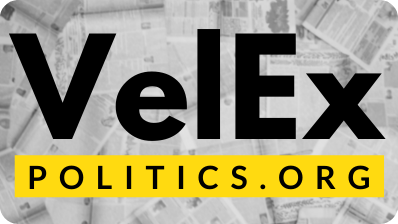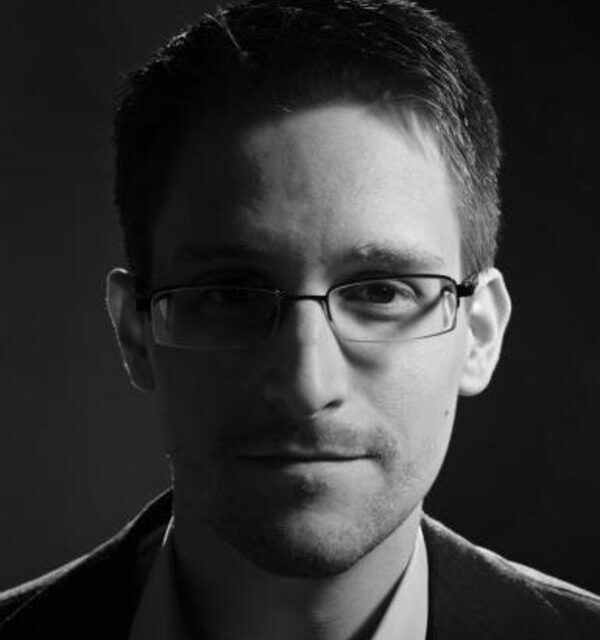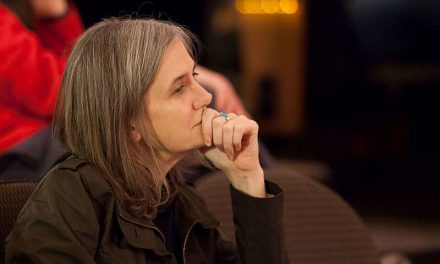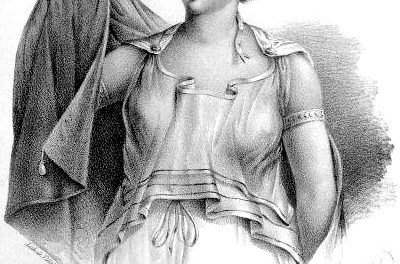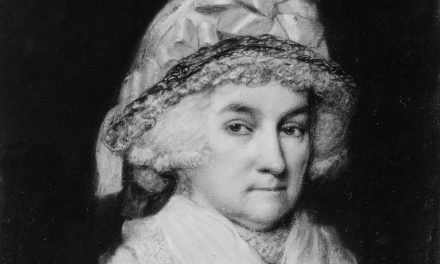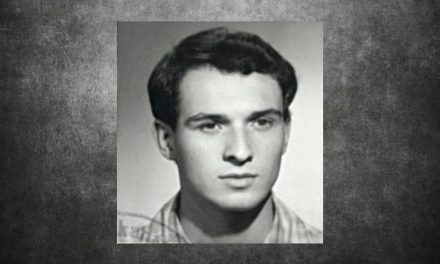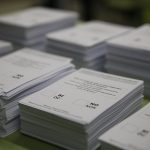Edward Joseph Snowden (born June 21, 1983) is an American whistleblower who copied and leaked highly classified information from the National Security Agency (NSA) in 2013 when he was a Central Intelligence Agency (CIA) employee and subcontractor. His disclosures revealed numerous global surveillance programs, many run by the NSA and the Five Eyes Intelligence Alliance with the cooperation of telecommunication companies and European governments, and prompted a cultural discussion about national security and individual privacy.
In 2013, Snowden was hired by an NSA contractor, Booz Allen Hamilton, after previous employment with Dell and the CIA. Snowden says he gradually became disillusioned with the programs with which he was involved and that he tried to raise his ethical concerns through internal channels but was ignored. On May 20, 2013, Snowden flew to Hong Kong after leaving his job at an NSA facility in Hawaii, and in early June he revealed thousands of classified NSA documents to journalists Glenn Greenwald, Laura Poitras, Barton Gellman, and Ewen MacAskill. Snowden came to international attention after stories based on the material appeared in The Guardian, The Washington Post, and other publications. Continue reading on Wikipedia.
There is still a mass debate around the topic whether Snowden is a criminal or a hero or both. In a context of this site, Snowden is surely a hero. Formally he did break a law and compromised security of USA to a certain extent. This is not debatable. However, besides having a formal contract each one of us have an informal contract with democracy which is perhaps way more important than any current legal obligation. Snowden worked for NSA – government’s agency dealing with very sensitive area which is directly related with security on both individual and national scale. Working for such agency does require a strong legal bound in a form of contract in order to prevent security compromise. A the same time Snowden was also a USA citizen belonging to a nation founded on strong democratic principles and values. Although citizens do not have formal contracts with the democratic systems to which they belong to, it is obvious that we all have a responsibility to protect the values and principles on which that system is built. Otherwise we risk another compromise – the one related to our freedom.
The case of Snowden therefore represents a perfect case study for and ethics. Which should we value more in this case – an informal contract with democracy or a formal contract with an national agency (which role as government’s institution should in fact protect democracy between other things)?
Whatever our personal opinion might be, in a sense of democratic participation Snowden achieved a lot. He managed to get over all personal and existential fears and do what he though was the best for himself and the rest of us. It took a lot of courage do become a whistleblower in Snowden’s position and for that we ought to be thankful and admire his deeds. One of the biggest barriers for democratic participation is the fear itself: the fear of being punished, pursued, exposed, hurt or anything depending on our personal psychological background. The fact is that we have a lot less to fear today than our ancestors had in the early days of democratic consciousness. Just imagine what the risk of whistleblowing in any absolute monarchy centuries a go would include. Instant prosecution, public humiliation, physical torture and death penalty are the first things that come to my mind while our ancestors would be able to add quite a lot more. And still many of our ancestors have chosen to take that risk and do something to bring about change; the change for more freedom. Snowden proved that you can make that kind of risk and survive despite working for one of the fearsome branches of government’s institutions. Hopefully Snowden inspires many of us to do the same because the majority of us do not even have to break the law in order to become whistleblowers. Majority of us objectively should not have anything to fear.
